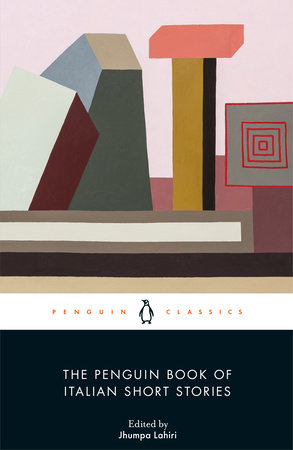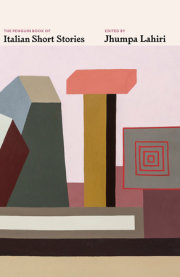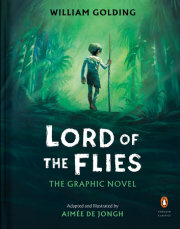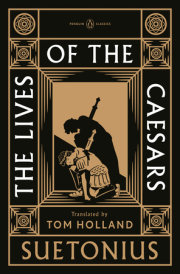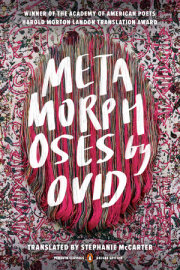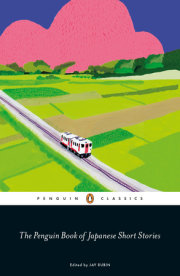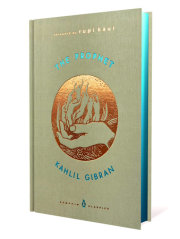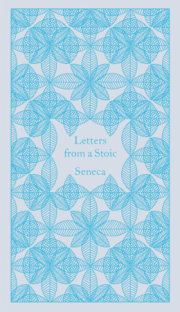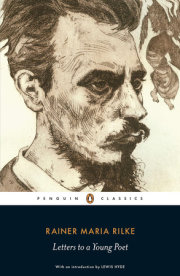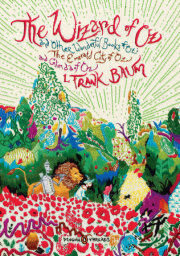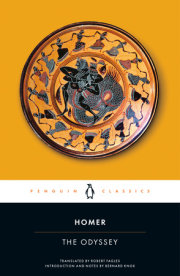Contents
Introduction by Jhumpa Lahiri
A Note on the Citation of Titles and Their Translations
• “Names and Tears” by Elio Vittorini
• “Picturesque Lives” by Giovanni Verga
• “The Siren” by Giuseppe Tomasi di Lampedusa
• “Against Time” by Antonio Tabucchi
• “Generous Wine” by Italo Svevo
• “The Long Voyage” by Leonardo Sciasci
• “Bago” by Alberto Savinio
• “The Hen” by Umberto Saba
• “The Lady” by Lalla Romano
• “The Tower” by Fabrizia Ramondino
• “The Trap” by Luigi Pirandello
• “Wedding Trip” by Cesare Pavese
• “Melancholy” by Goffredo Parise
• “Silence” by Aldo Palazzeschi
• “A Pair of Eye/glasses” by Anna Maria Ortese
• “The Other Side of the Moon” by Alberto Moravia
• “The Ambitious Ones” by Elsa Morante
• “Sixteen, Twenty-one, Twenty-eight and Thirty-seven” from
Centuria by Giorgio Manganelli
• “Quaestio de Centauris” by Primo Levi
• “Gogol’s Wife” by Tommaso Landolfi
• “My Husband” by Natalia Ginzburg
• “The Mother” by Carlo Emilio Gadda
• “A Martian in Rome” by Ennio Flaiano
• “The Smell of Death” by Beppe Fenoglio
• “Life as a Couple” by Luce D’Eramo
• “The Milliner” by Antonio Delfini
• “The Hind” by Grazia Deledda
• “Invitation to Dinner” by Alba de Céspedes
• “Elegy for Signora Nodier” by Silvio D’Arzo
• “Malpasso” by Fausta Cialente
• “At the Station” by Carlo Cassola
• “The Golden Nut” by Cristina Campo
• “Dialogue with a Tortoise” by Italo Calvino
• “And Yet They Are Knocking at Your Door” by Dino Buzzati
• “The Miraculous Beach, or, Prize for Modesty” by Massimo Bontempelli
• “A Geographical Error” by Romano Bilenchi
• “The Streetwalker” by Luciano Bianciardi
• “Miss” by Anna Banti
• “The Baboon” by Giovanni Arpino
• “Barefoot” by Corrado Alvaro
Notes
Chronology
Further Reading
Acknowledgments
About the Translators
Copyright © 2019 by Edited by Jhumpa Lahiri. All rights reserved. No part of this excerpt may be reproduced or reprinted without permission in writing from the publisher.

